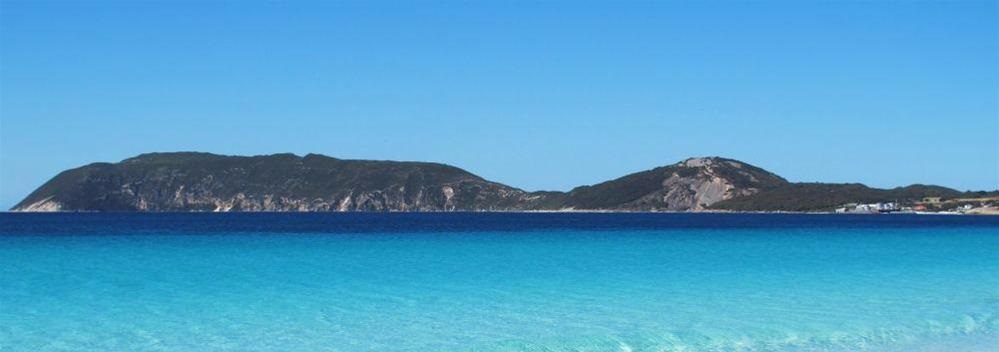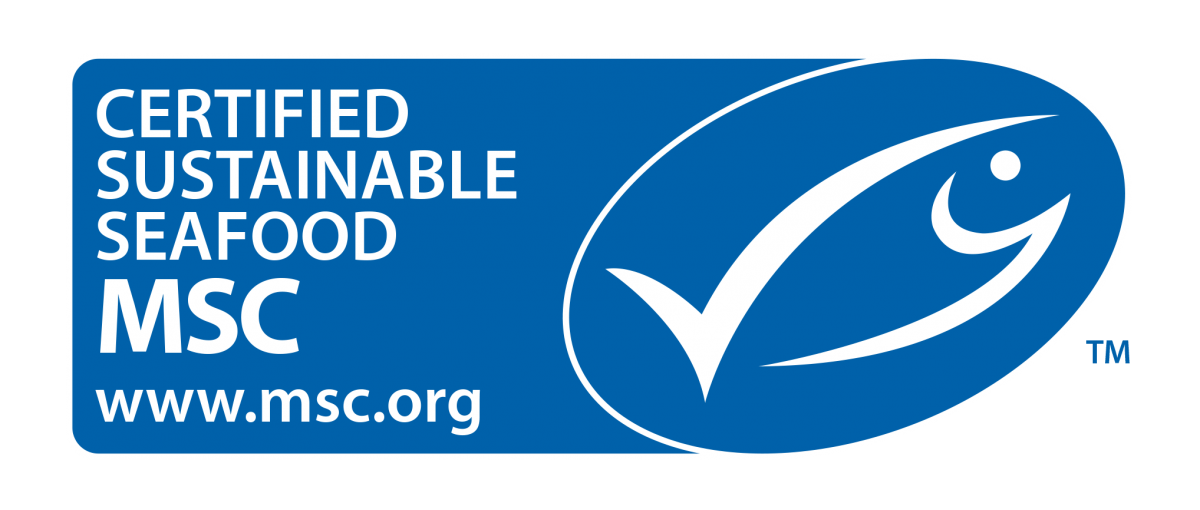
Courtesy of localista.com.au
There are many ways in which you can help. To understand how you can help, you must first identify if you are:
>A consumer
>A fisherman or part of a fishing company, or
>A recreational fisherman
Here are 4 examples of ways you can help as a general member of the public:
>BUY sustainable
-Look for certified food labels:


-This label tells you whether or not that the fish you buy was caught in a sustainable fishery/farm
>Donate to charities and conservation efforts
-Conservation societies, charities and councils help petition for change, make the change needed, and help fisheries on the path to being sustainable (such as MSC)
>Reduce the use of other harms to marine life
-This includes the use of single use plastics
-By reducing other harms to marine life, we can further protect endangered species (to add to what we can do about overfishing)
>Petition for change
-Petitions help laws get passed that help protect our marine life
-By petitioning, you help to directly influence the government into protecting our oceans from unsustainable fishing practices
As a member of the public, you can try doing these things to help end overfishing
And as a fishing company, you can learn how different practices and regulations help you fish sustainably here
These have all been examples of how you can help. Some solutions to overfishing that we can work towards include:
>Planning better fishing subsidies that don't incentivise unsustainable fishing
-Some subsidies benefit large-scale and unsustainable fishing companies. By planning better fishing subsidies, we can support those that fish sustainably.
>Adopting Rights-Based Fishing Management (RBM)
-Have limits on who can fish at what time, and how much they can catch, so that the fish have time to reproduce and recover
>Applying regulations on nets
-The Common Oceans Program found that in gillnet fisheries, by placing the nets two metres deeper, they could reduce the amount of unnecessary bycatch caught
-By doing this, they reduced the mortality rate of bycatch by 98%
(Bycatch refers to unintentionally caught marine life)
>Establishing and increasing marine protected areas (MPAs)
-The IUCN recommends at least 30% of the ocean should be protected by 2030
>Require traceability standards
-Knowing where the fish that you buy comes from is better for the environment, better for your health and is generally good information to know when you're buying dinner
>Imposing a ban on fishing in international waters
-It's much harder to trace what happens in international waters, so banning it entirely would help keep fishing trips traceable and thus sustainable